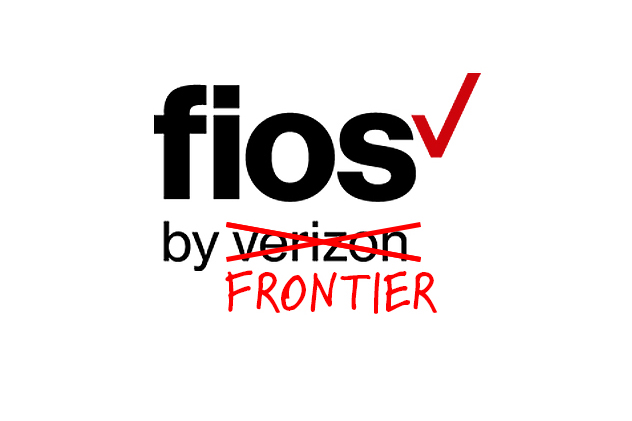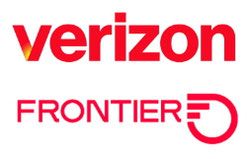Verizon's Acquisition of Frontier Communications: A $20 Billion Deal
In a significant move within the telecommunications industry, Verizon Communications has announced its intention to acquire Frontier Communications in a deal valued at $20 billion. This acquisition is poised to enhance Verizon's fiber network capabilities and strengthen its competitive position against rivals such as AT&T. The deal, which was made public on September 5, 2024, involves Verizon purchasing Frontier for $38.50 per share in cash, representing a 44% premium over Frontier's average share price over the previous 90 days.
Details of the Acquisition
The acquisition is part of Verizon's strategy to expand its fiber broadband services, which have become increasingly vital in the current digital landscape. Frontier, which has a market capitalization of approximately $10 billion, operates in 25 states and serves around 2.2 million fiber subscribers. The deal is expected to close in about 18 months, pending approval from Frontier's shareholders and regulatory bodies.
Financial Implications
Verizon's decision to acquire Frontier comes after Frontier's challenging financial history, including a bankruptcy filing in 2020, from which it emerged the following year after eliminating $10 billion in debt. The acquisition is seen as a strategic move to bolster Verizon's fiber offerings and expand its market reach, particularly in areas where Frontier has established a presence.
Market Reactions
Following the announcement, shares of Frontier Communications experienced volatility. Initially, the stock surged nearly 40% after reports of the acquisition surfaced, but it later fell by 9% before the market opened on Thursday. This fluctuation reflects investor sentiment and the broader implications of the merger on the telecommunications market.

Strategic Importance of Fiber Networks
The acquisition underscores the growing importance of fiber networks in the telecommunications sector. As demand for high-speed internet continues to rise, companies are increasingly investing in fiber infrastructure to meet consumer needs. Verizon's acquisition of Frontier is expected to enhance its ability to compete in this space, particularly as more consumers shift towards fiber-optic services for their internet needs.
Verizon's Fiber Strategy
Verizon has been actively expanding its fiber network, with plans to add an additional 2.8 million fiber locations by the end of 2026, building on the 7.2 million it currently serves. This expansion is crucial for maintaining competitiveness in a market where high-speed internet access is becoming a necessity for both residential and business customers.
Industry Context
This acquisition is part of a broader trend of consolidation within the telecommunications industry, where companies are merging to enhance their service offerings and market share. The deal is expected to not only strengthen Verizon's position but also reshape the competitive landscape, particularly in regions where both companies operate.
Regulatory Considerations
As with any major merger, regulatory approval will be a critical factor in the completion of this deal. The Federal Communications Commission (FCC) and other regulatory bodies will scrutinize the merger to ensure it does not stifle competition or harm consumers. Verizon has expressed confidence that the acquisition will ultimately benefit consumers by providing enhanced services and greater competition in the broadband market.

Conclusion
The acquisition of Frontier Communications by Verizon represents a pivotal moment in the telecommunications industry, highlighting the increasing importance of fiber networks in meeting consumer demands for high-speed internet. As the deal progresses through the necessary approvals, it will be essential to monitor its impact on the market, consumer choices, and the competitive dynamics between major telecommunications providers.
For more detailed information, you can read the full articles from USA Today, CNN, and ABC News.





